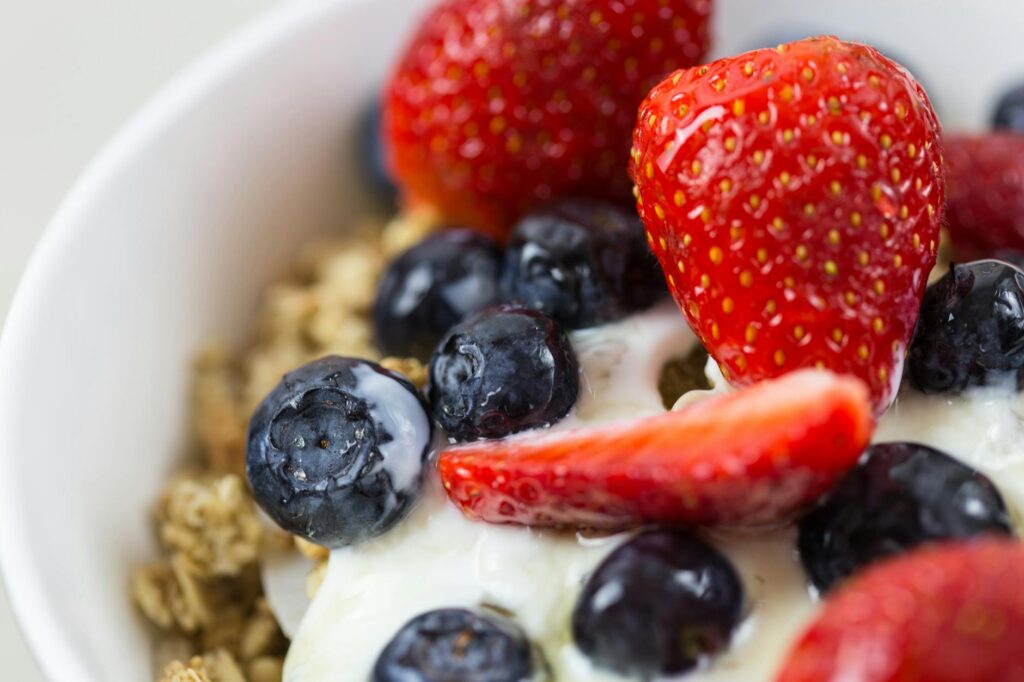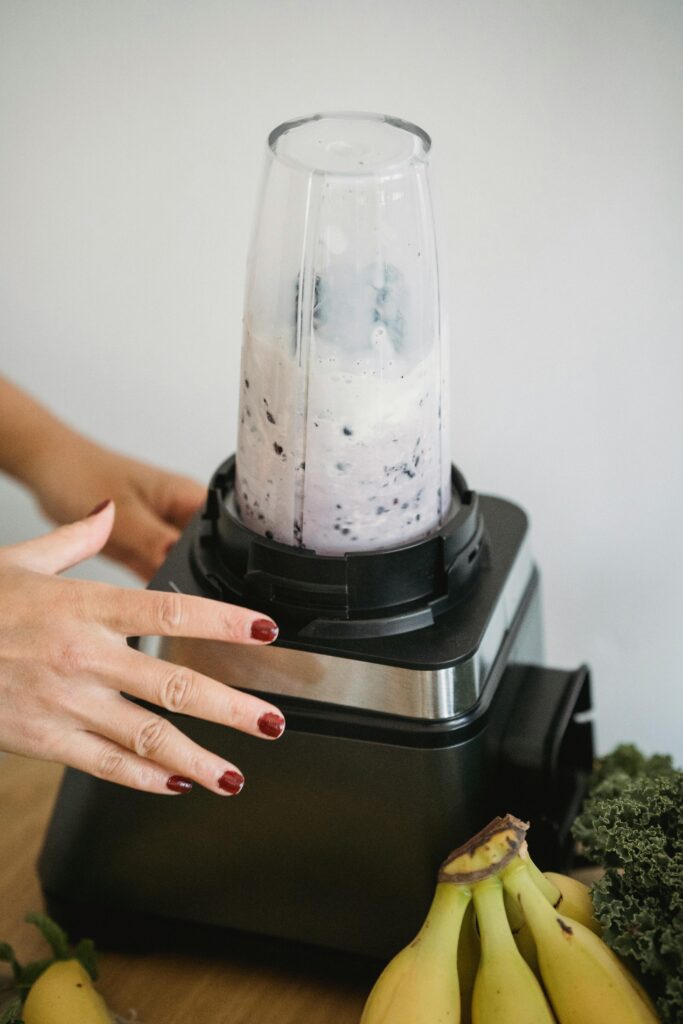The Blog
Injured Athletes and Nutrition

March 14, 2025
Injuries can feel like a huge setback, but with a solid nutrition plan you can support your recovery and come back stronger. Whether you are dealing with a sprain, stress fracture, or surgery, your nutrition choices can play a key role in your healing process. Let’s chat about how to fuel your recovery as an injured athlete.

Recovery Nutrition Basics
When your body is healing, it needs extra support to repair tissues, reduce inflammation, and maintain energy. Eating nutrient dense foods is key. Even if you are less active, avoid cutting back on calories drastically, your body still requires energy for recovery.
DID YOU KNOW? Using crutches uses more energy than walking. Believe me, you need more fuel than you think!
Protein is essential for tissue repair, especially in injured athletes. Aim for 20-30 grams per meal with sources like lean meats, eggs, dairy, beans, or tofu. To manage inflammation, choose colorful fruits and vegetables, fatty fish like salmon, walnuts, and chia seeds. Bone-related injuries require sufficient calcium and vitamin D, which you can get from dairy products, fortified plant-based milks, leafy greens, and sunlight exposure.
Finally, don’t forget to stay hydrated—aim for half your body weight in ounces of water daily to support circulation and nutrient delivery.
Nutrition Tips for Injured Athletes
Focus on balanced meals. Fill half your plate with fruits and vegetables, one-quarter with a protein source, and one-quarter with carbohydrates. As you are able to move and do more in recovery you will need to increase your carbohydrates to one-third or half of your plate. Lastly, make sure to include essential fats like olive oil, nuts, or avocado. Fats are great for managing hunger and helping you absorb nutrients like vitamin D.
For snacks, choose options like Greek yogurt with berries, a handful of nuts and dried fruit, or a smoothie made with milk, fruit, spinach, and protein powder.
If your appetite is low, prepare smaller meals packed with nutrients to ensure you are getting enough to support healing. Supplements like collagen or omega-3s might benefit your recovery, but always check with a healthcare professional before adding them to your routine.
If you are looking for more support on nutrition for injured athletes, make sure you check out my latest podcast episode!

Supporting Your Mindset
Injuries don’t just affect your body; they can be tough mentally as well. Focusing on what you can control, like your recovery plan and nutrition, can help you stay positive. Establishing a daily routine with meal prep or planned snacks provides structure and a sense of accomplishment.
Staying connected to your team is another way to maintain motivation. Attend practices or games when possible to feel involved and supported. Remember, this is a temporary setback, not a permanent roadblock.

Key Takeaway
Recovery takes time, but proper nutrition and a strong mindset can make all the difference. By focusing on nutrient-dense meals, hydration, and staying connected to your goals, you’ll set yourself up for a strong and successful comeback.
Be the first to comment